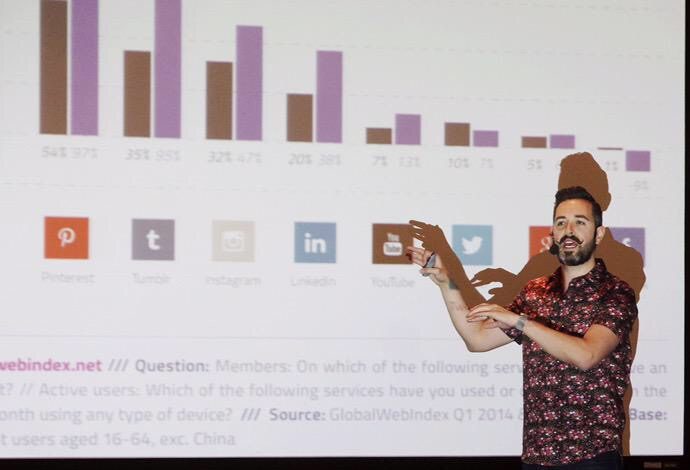Which SEO Metrics Should You Adopt (and Drop) This Year?
By Nick Nelson I’m going to make a statement that may sound audacious coming from an SEO fanatic: It’s time to kick keyword rankings to the curb as a key performance indicator (KPI).
I don’t mean to say you should not pay attention to the keywords you’re showing up for in search. Of course you should! But looking at your total quantity of rankings is not a particularly informative practice on its own. And there are plenty of other standardized SEO metrics that we should all be scrutinizing for relevance.
In our recent webinar, SEO Glow-Up: Web Growth Tactics to Start and Stop in 2025, Jane Bartel and I spent some time zeroing in on measurement tactics that marketers should adopt or drop in the coming year. Drawing from that segment of the show, let’s dig into some of the key SEO metrics we covered in more detail to help you elevate your strategy in a transformed digital marketing landscape.
3 SEO metrics to drop in 2025
1. Quantity of keyword rankings
This SEO metric refers to the total number of keywords for which a website appears in search engine results pages (SERPs).
This is a common core metric in SEO strategies, used to demonstrate the breadth of a brand’s visibility in search, and it’s been central to many of our programs in the past. We still frequently report on it, but over time we’ve deprioritized it as a primary indicator of SEO health.
The problem with keyword rankings as a KPI is that it doesn’t tell you enough without significantly more context. Showing up on more SERPs is good, in theory, but which SERPs are we talking about? How relevant are the keywords to your buyer’s journey, and how many clicks are you winning with your ranking content? What kind of engagement are you driving?
Moreover, a growing number of practical challenges are involved with tracking keyword rankings accurately and meaningfully. Measurement methods are becoming unreliable due to:
Personalized search results
Location-based variations
Device-specific differences
Complexity of modern search queries (i.e. voice and semantic search)
Having said this, keyword rankings are usually worth tracking, but merely as a detail contributing to the full picture of your SEO performance.
2. Per-page performance
One trap that marketers can understandably fall into is getting overly fixated on their best-performing pages, and trying endlessly to replicate that success. As a result, they fail to create content that is diverse, unique and comprehensive.
It’s important to think of your content as an ecosystem, with every component playing its own role. Of course we all love the heavy hitters that drive big numbers, but they are often being elevated by the content that surrounds them and provides depth to your topical coverage. Not all of those are going to bring in a bunch of traffic or conversions, but that doesn’t mean they aren’t playing a key role in your overall performance, which is what matters.
3. Organic traffic
This sounds potentially absurd, I know. Isn’t driving organic traffic the point of SEO? Well, no. The point of SEO is ultimately to drive ROI and revenue. Bringing …read more
Source:: Top Rank Blog

































